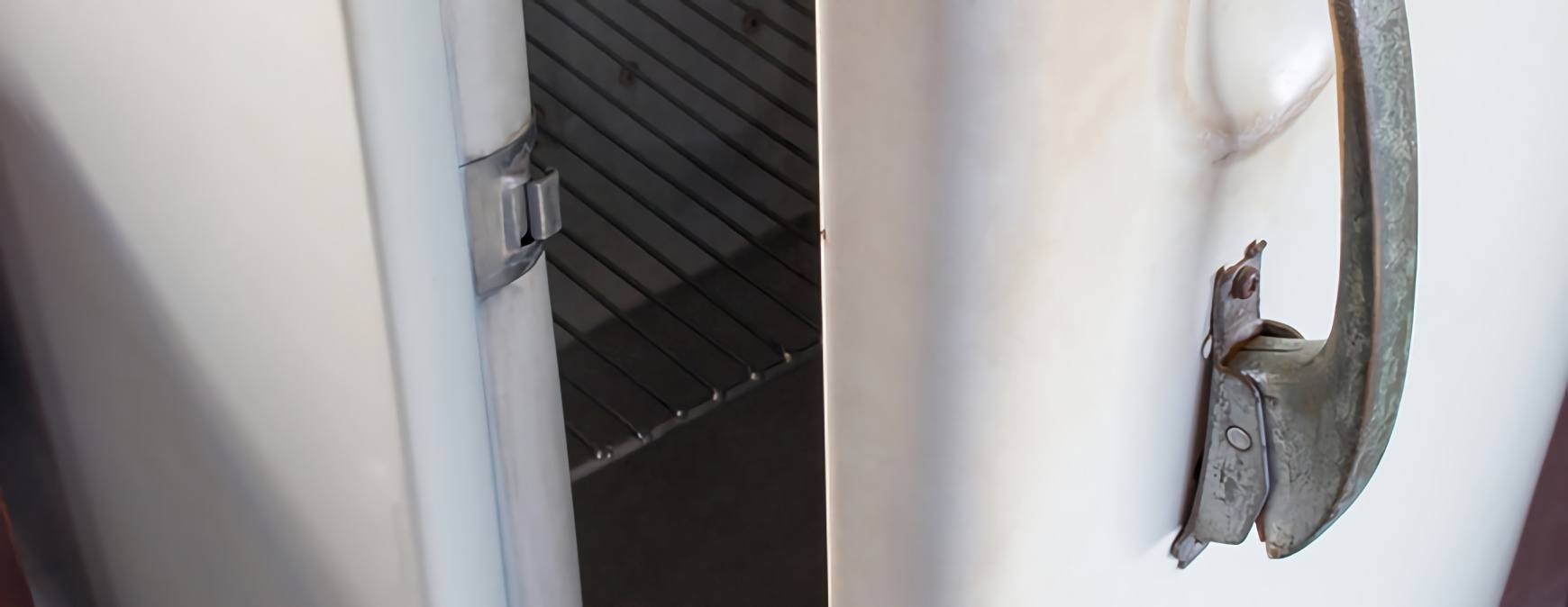
Modern refrigeration is a big deal, and it’s not a stretch to say it’s one of humanity’s greatest achievements. It prevents bacteria, yeast and mold, which extends the life of food items, medical specimens and chemicals. Refrigeration technology has improved food safety, expanded seasonal food production, fueled medical research, refined print production and powered industrial manufacturing.
The luxuries that refrigeration afford us today didn’t happen overnight. Refrigeration has seen many refinements and advancements throughout the centuries, a result of a lot of trial and error.
So exactly how was refrigeration discovered?
Pre-Industrial Methods of Refrigeration
In ancient times, people of various cultures cooled their food with ice from the mountains, such as Greeks, Romans, Hebrews and the Chinese. Wealthy people even had snow cellars, where pits in the ground would be insulated with wood and straw.
Evaporative cooling, which we still use today in refrigeration technology, was used in ancient Egypt and India. Water would be poured into shallow trays, and it would evaporate during cooler night temperatures, resulting in the creation of ice.[1]
Get Started on the Path to a New Career
Fill out our form to learn how we can help you change your life.
In 17th century Europe, saltpeter dissolved in water was discovered as a cooling method. The saltpeter lowered the temperature of the water so much that it produced ice.
People would also store their food in cellars, outdoor window boxes or even underwater in lakes and streams. Some had springhouses, where cool water from a stream was running under or between shelves.
None of these cooling methods, however, were able to ultimately prevent spoilage.[2]
Who Invented Modern Refrigeration?
When industrialization started in the late 18th century and flourished in the 19th, the growth of cities increased the demand for fresh produce.
American businessman Alexander C. Twinning introduced commercial refrigeration in 1856.
Other inventors across the world would refine and improve refrigeration systems over the rest of the century:
- James Harrison of Australia patented vapor-compression refrigeration.
- Ferdinand Carré of France used ammonia in water as a coolant.
- Carl von Linde of Germany developed portable refrigerators.
- Albert T. Marshall of America patented the first mechanical refrigerator.[3]
The brewing and meatpacking industries where the first to use commercial refrigeration in the late 19th century.
Refrigeration in the 21st Century
While ammonia was an effective cooling agent, it had one big drawback: When it leaked, it smelled bad and is toxic.
Thanks to the myriad inventions, improvements and adjustments by individuals from all over the world, we are able to enjoy a tremendously convenient lifestyle in the 21st century.
But what if refrigeration had never been invented? Read about a world without refrigeration to find out.
Additional Sources
[1] https://www.britannica.com/technology/refrigeration
[2] https://www.history-magazine.com/refrig.html
[3] https://www.livescience.com/57797-refrigerator-history.html
This blog has been labeled as archived as it may no longer contain the most up-to-date data. For a list of all current blog posts, please visit our blog homepage at https://www.rsi.edu/blog/

